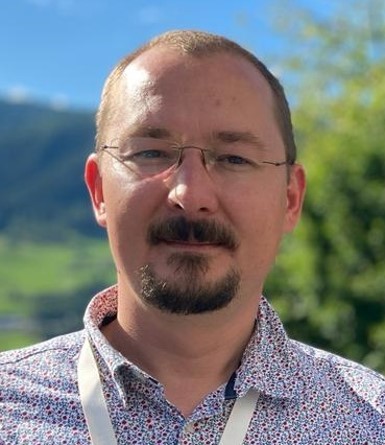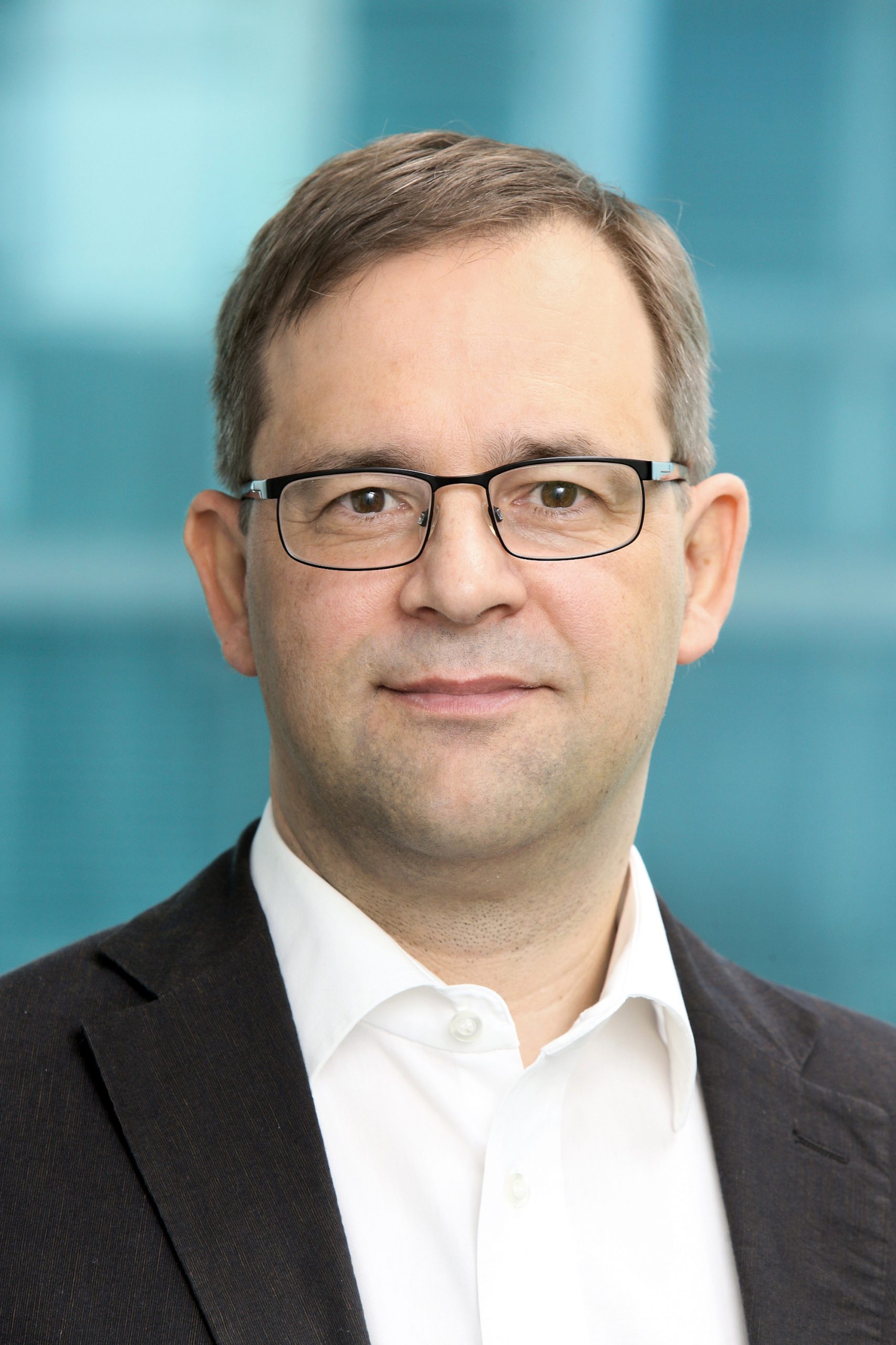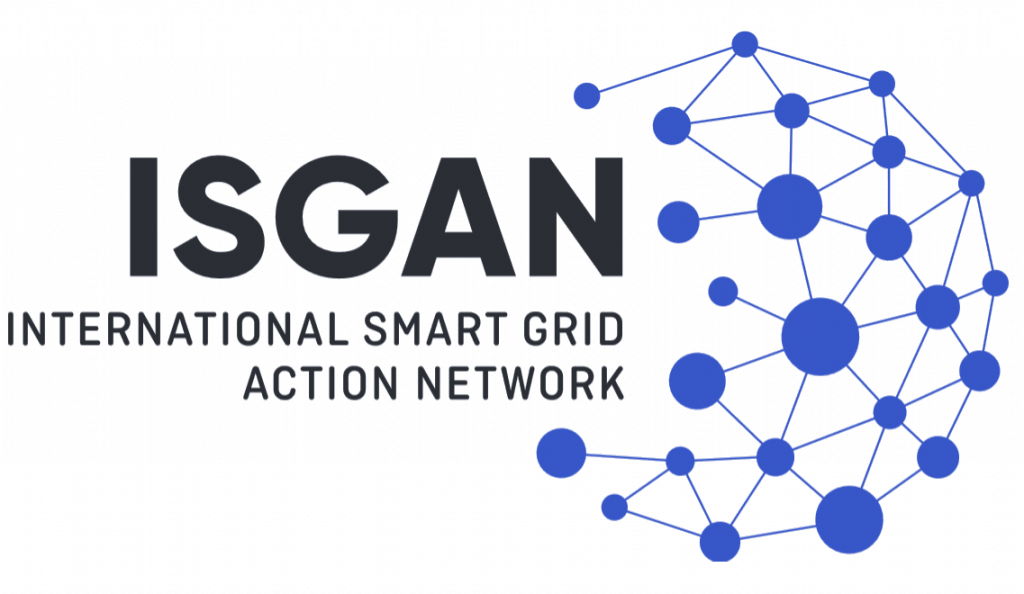WG 7: Smart Grid Transitions
Overview
Working Group (WG) 7 examines the institutional and social changes associated with smart grid deployment. It analyzes innovation studies, political science, institutional economics, sociology, and energy-related laws and regulations to make these aspects understandable for policymakers and other stakeholders. Using the transition management framework, WG 7 sparks international, coordinated, transdisciplinary research activities. Its social science results help to complement technology-oriented smart grid activities.
Policymakers can turn to WG 7 for insights on the direction, efficacy, and efficiency of the energy system transition. In addition to policymakers, WG 7 contributes its knowledge of non-technical aspects and the framework conditions conducive to smart grid deployment to other ISGAN Working Groups. Working Groups that focus on more technical aspects of smart grids can consult WG 7 to understand how their results address societal needs, political governance, policies, regulations, and human behavior, taking into account the diversity of institutional structures and governance traditions among ISGAN countries.
Objectives
To advance policy and regulatory frameworks for smart grid transitions
To establish and use the Smart Transition Wiki
To contribute to strategic ISGAN initiatives
To foster knowledge exchange and collaboration among experts and stakeholders
To disseminate knowlege and inform policy
To shape future grid pricing models
To understand the evolving role of energy systems and public service
Tasks
Transition Processes and Pathways
Task 1 focuses on transition processes and pathways, with an emphasis on regulatory experimentation, which has been successfully explored in previous WG 7 activities, including regulatory sandboxes. Our goal now is to delve deeper into this topic and advance its development. Additionally, we are investigating policy instruments and effective governance processes that can pave the way for future decentralized energy systems.
Future Models and Translation Function
Task 2 revolves around institutional organizational models and processes for smart grid deployment. We explore alternatives to the technology readiness level system, which is commonly used but not always suitable. This task also seeks to establish a unified terminology in the field of smart grid transition, which will lead to the launch of the Smart Transitions Wiki.
Structures of Institutional Change
We examine grid tariff structures and regulatory incentive mechanisms for distribution system operators (DSOs). This task maps the framework underlying smart grid transitions processes and presents the results as comparative analyses.
Publications
Andersen, A. D., Markard, J., Bauknecht, D., and Korpås, M. (2023). Architectural change in accelerating transitions: Actor preferences, system architectures, and flexibility technologies in the German energy transition. Energy Research & Social Science, 97, 102945. https://doi.org/10.1016/j.erss.2023.102945
Bauknecht, D., Andersen, A. D., and Dunne, K. T. (2020). Challenges for electricity network governance in whole system change: Insights from energy transition in Norway. Environmental Innovation and Societal Transitions, 37, 318–31. https://doi.org/10.1016/j.eist.2020.09.004
Bauknecht, D., Funcke, S., and Vogel, M. (2020). Is small beautiful? A framework for assessing decentralised electricity systems. Renewable and Sustainable Energy Reviews, 118, 109543. https://doi.org/10.1016/j.rser.2019.109543
Bauknecht, D., Gianinoni, I., Heeter, J., Kerkhof-Damen, N., Pascoe, O., Peyker, U., and Poplavskaya, K. (2019). Innovative Regulatory Approaches with Focus on Experimental Sandboxes. International Smart Grid Action Network (ISGAN). Link
Bergaentzlé, C., Bolwig, S., Juhler-Verdoner, H., Kubeczko, K., Liu, X., Nørregaard, Kjeld, Rossi, J., Steen, D., Stengel, A., and Wieczorek, A. (2021). A Transition Perspective on Demand-Side Flexibility in the Integrated Energy System. Insights from
the Danish ISGAN Annex 7 Project 2017-2021. UNEP DTU Partnership. Link
Farhangi, M., Rohracher, H., and Magnusson, D. (2024). More than wires and screens: Assumptions about agency of devices in smart energy projects. Energy Research & Social Science, 114, 103592. https://doi.org/10.1016/j.erss.2024.103592
Ge, X., Haering, P., Haindlmaier, G., Hummel, S., Kremers, E., Kubeczko, K., Lewald, N., Magnusson, D., Rivola, D. Rohracher, H., Skok, J., Wenske, J., and Wilhelmer, D. (2019). ReFlex Guidebook for the replication of use-cases tackling the flexibility challenge in smart energy systems. International Smart Grid Action Network (ISGAN). Link
Kubeczko, K., Wang, A., Bauknecht, D., Chaves Ávila, J. P., Correa Ramírez, M., An, A., Kerkhof-Damen, N., Lindquist, H., and Olofsson, M. (2021). ISGAN Regulatory Sandbox 2.0 Project: Policy Messages to the Clean Energy Ministerial. International Smart Grid Action Network (ISGAN). Link
Perez, L. E.R., Fina, B., Iglár, B., Monsberger, C., Maggauer, K., de A.B. Weber, N., Yiasoumas, G., Georghiou, G., Villar, J., Mello, J., Stanev, R. (2024). Guidelines and Recommendations for Optimal Implementation of Integrated Local Energy Communities. In M. Di Somma, C. Papadimitriou, G. Graditi, K. Kok (Eds.), Integrated Local Energy Communities: From Concepts and Enabling Conditions to Optimal Planning and Operation. Wiley. https://doi.org/10.1002/9783527843282.ch12
Ritter, D., Heinemann, C., Bauknecht, D., Winger C., and Flachsbarth, F. (2022). Model-Based Evaluation of Decentralised Electricity Markets at Different Phases of the German Energy Transition. Economics of Energy & Environmental Policy, 11(2). https://doi.org/10.5547/2160-5890.11.1.drit
Van Summeren, L. F.M., Breukers, S., and Wieczorek, A. J. (2022). Together we’re smart! Flemish and Dutch Energy communities’ replication strategies in smart grid experiments. Energy Research & Social Science, 89, 102643. https://doi.org/10.1016/j.erss.2022.102643
Van Summeren, L. F.M., Wieczorek, A. J., Bombaerts, G. J.T., and Verbong, G. P.J. (2020). Community energy meets smart grids: Reviewing goals, structure, and roles in Virtual Power Plants in Ireland, Belgium and the Netherlands. Energy Research & Social Science, 63, 101415. https://doi.org/10.1016/j.erss.2019.101415
Van Summeren, L. F.M., Wieczorek, A. J., and Verbong, G. P.J. (2021). The merits of becoming smart: How Flemish and Dutch energy communities mobilise digital technology to enhance their agency in the energy transition. Energy Research & Social Science, 79, 102160. https://doi.org/10.1016/j.erss.2021.102160
Veseli, A., Moser, S., Kubeczko, K., Madner, V., Wang, A., and Wolfsgruber, K. (2021). Practical necessity and legal options for introducing energy regulatory sandboxes in Austria. Utilities Policy, 73, 101296. https://doi.org/10.1016/j.jup.2021.101296
Wieczorek, A. J., Rohracher H., Bauknecht, D., Kubeczko, K., Bolwig, S., Valkering, P., Belhomme, R., and Maggiore, S. (2024). Citizen-led decentralised energy futures: Emerging rationales of energy system organisation. Energy Research & Social Science, 113, 103557. https://doi.org/10.1016/j.erss.2024.103557
Wieczorek, A. J., van Bommel, N., El-Feiaz, A., Kluskens, N., Niet, I., van Summeren, L., Höffken, J., Alkemade, F., van den Berghe, L., Meloni, C., Graditi, G., Di Somma, M. (2024). Energy Communities as an Alternative Way of Organizing the Energy System in Europe: Key Societal Aspects. In M. Di Somma, C. Papadimitriou, G. Graditi, K. Kok (Eds.), Integrated Local Energy Communities: From Concepts and Enabling Conditions to Optimal Planning and Operation. Wiley. https://doi.org/10.1002/9783527843282.ch11
Working Group Manager (Austria)

Branislav Iglar
Austrian Institute of Technology (AIT)
Task Leader (Austria)

Klaus Kubeczko
Austrian Institute of Technology (AIT)

